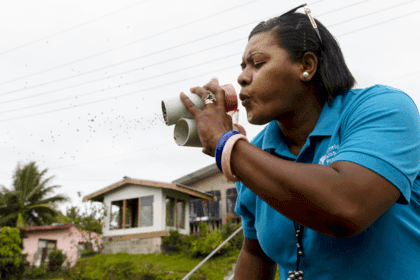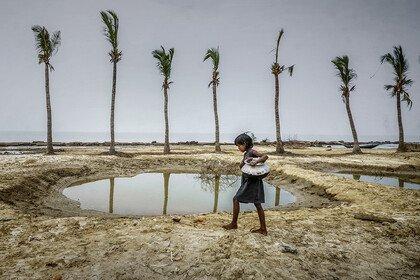
Media statement in response to the WHO Emergency Committee’s recommendation not to declare a PHEIC
Statement from Professor Gordon Dougan, Director of Infectious Diseases at Wellcome, on the decision not to declare a Public Health Emergency of International Concern (PHEIC) in response to Monkeypox.
“This outbreak is another reminder of our shared vulnerability to infectious disease. Rather than firefighting, we need to work internationally to prevent future infections like Covid and Monkeypox from escalating.
“Governments do not need to wait for an official declaration to begin acting in a coordinated and measured way. Where cases have been identified, rapid public health responses such as enhanced disease surveillance, contact tracing and self-isolation will be crucial. But with the virus continuing to spread, all countries must step up, integrate their preparations and help those with limited capability.
“The world must not repeat any mistakes of the past two years. Even though mass vaccination is not recommended, some nations have begun rushing to acquire doses. But while high income countries are now paying attention to this virus, Monkeypox has been affecting people in West and Central Africa for decades. And with new cases now being reported in other low- and middle-income countries, we must ensure that these lifesaving tools are equitably distributed to where they are needed most.
“If we are to control outbreaks earlier, we need governments, funders, regulators and industry to sustain momentum. This includes establishing clinical trials of the required scale and design for improved Monkeypox vaccines and treatments.
“The G7 Summit is a test for world leaders. The risk of new infectious diseases emerging and escaping out of control is rising. But by working together and implementing bold reforms, we can transform our global surveillance, research and manufacturing capabilities and deliver tests, treatments and vaccines to those who need them, saving as many lives as possible.”
